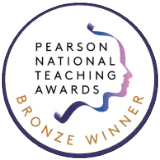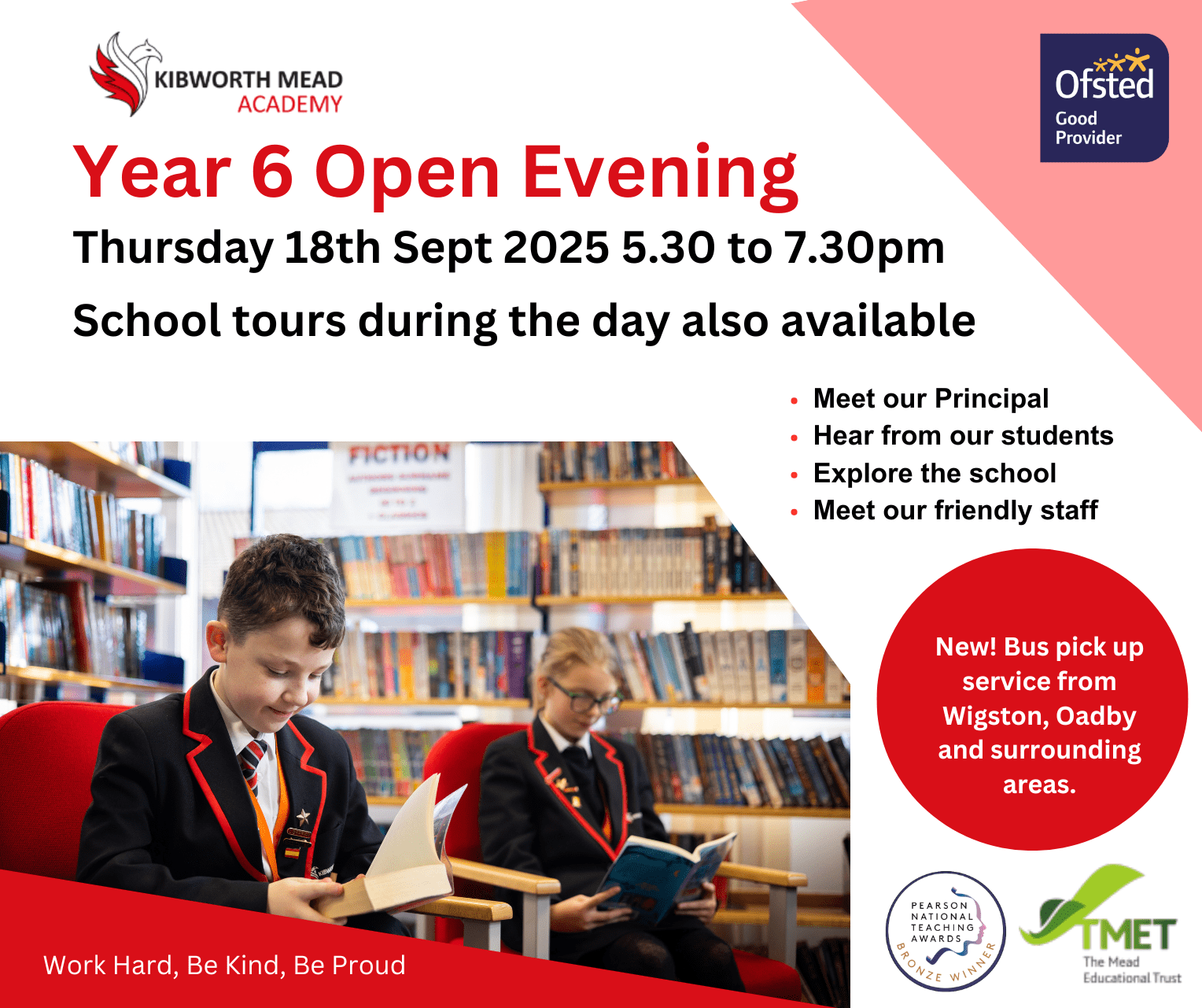The Music curriculum is devised to give students from all starting points an opportunity to engage, create, respond to and develop a broad knowledge of music from different styles, genres, historical contexts and traditions.
Active music making is entwined around a knowledge rich curriculum, building on previous learning to inspire self-confidence, self-expression and engagement both individually and within an ensemble.
As music is a universal language, the curriculum is delivered through modules which encompass a fusion of inter-related musical components and devices. Composing, performing and listening activities are integral to this holistic approach.
The modules ensure a breadth of learning opportunities and activities, allowing students of all musical preferences to develop transferable skills in their music making through classroom instruments, guitars, keyboards, their own instruments and music technology.
The course is set out to allow students to:
- develop fluency and accuracy either instrumentally or vocally
- understand, recognise, respond to and respect cultural difference in music
- develop an awareness of how music is created from a variety of genres
- enhance individual creativity drawing on theoretical and contextual knowledge
- enable a smooth transition and platform for the subject to be studied in more depth after year 11
- create a climate for lifelong interest in music
- access the course with their individual instrumental skills where appropriate
In Year 7, students are introduced to the key elements of music: dynamics, rhythm, pitch, articulation, tempo, metre, structure, melody, instrumentation, texture & harmony. They use voices, percussion instruments and keyboards, build self-confidence through performing individually and in an ensemble, read basic notation and evaluate simple features of music from different cultures.
In Year 8, students cover the elements in greater depth and become more discerning when listening to music. They build on individual keyboard and composition skills with a focus on harmony and chords. More complex rhythmic skills are developed through African drumming. Students are taught basic guitar skills to allow personal preference on future tasks. They perform and compose with the knowledge of specific skills, devices and techniques and technology in a range of genres.
In Year 9, students embed their previous knowledge and skills to more contemporary music. Students explore how riffs and hooks are used in pop music and compose protest songs using their knowledge of musical elements. Finally students explore music technology through an exploration of Electronic Dance Music.
At the end of KS3 students will have experienced a broad, challenging curriculum, giving them confidence, skills and knowledge across different styles and cultures.




